-
chevron_right
GitHub Reinstates Youtube-DL and Puts $1M in Takedown Defense Fund
Ernesto Van der Sar · news.movim.eu / TorrentFreak · Monday, 16 November, 2020 - 18:35 · 3 minutes
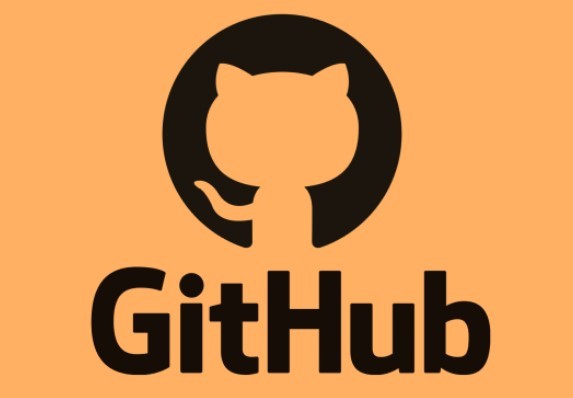 Last month, the RIAA pulled the popular open source tool youtube-mp3 from GitHub.
Last month, the RIAA pulled the popular open source tool youtube-mp3 from GitHub.
The music group sent a takedown notice arguing that the software violated section 1201 of the DMCA, which prevents people from bypassing technical protection measures.
This enforcement action wasn’t well-received by the developer community . This included GitHub CEO Nat Friedman, who was ‘annoyed’ and personally offered his help to get the repository reinstated. This wasn’t a false promise, as youtube-dl returned today.
GitHub Reinstates Youtube-dl
“We are taking a stand for developers and have reinstated the youtube-dl repo. Section 1201 of the DMCA is broken and needs to be fixed. Developers should have the freedom to tinker. That’s how you get great tools like youtube-dl,” Friedman says .
GitHub has reinstated the repository after some changes were made. These changes include referrals to copyrighted music, which RIAA pointed out in its claim. However, the software still allows people to download files, including music tracks, from YouTube.
After a careful look at the “circumvention” allegations, GitHub now concludes that they are not valid. The company explains that it “received additional information” that allowed it “to reverse” the takedown.
No DMCA Anti-Circumvention Violations
“[O]ur reinstatement, based on new information that showed the project was not circumventing a technical protection measure (TPM), was inline with our values of putting developers first,” GitHub notes.
This new information comes from the Electronic Frontier Foundation (EFF), which responded to the RIAA’s takedown request on behalf of the youtube-dl developers. The EFF’s letter explains in detail how the software works and stresses that there is no advanced decryption involved, as we highlighted earlier .
“Youtube-dl stands in place of a Web browser and performs a similar function with respect to user-uploaded videos. Importantly, youtube-dl does not decrypt video streams that are encrypted with commercial DRM technologies, such as Widevine, that are used by subscription video sites, such as Netflix,” the letter reads.
The letter helped to convince GitHub that it wrongly granted the takedown request. And since other copyright issues pointed out by the RIAA were addressed as well, the company decided to reinstate the repository.
Developers First
In addition, the revolt from the developer community was a clear reminder that developers should come first. As such, GitHub also announced that it will overhaul the way it handles DMCA section 1201 claims. One key change is that content won’t always be removed right away.
This change doesn’t apply to regular DMCA takedown notices but to ‘circumvention’ claims specifically. From now on, these will all be manually reviewed and scrutinized by experts.
“When we see it is possible to modify a project to remove allegedly infringing content, we give the owners a chance to fix problems before we take content down. If not, they can always respond to the notification disabling the repository and offer to make changes, or file a counter notice,” GitHub explains.
$1M in Defense Fund
The developer platform will aid developers financially as well. The company announced that it will put $1 million into a defense fund to help open source developers on GitHub protect themselves from overbroad or unwarranted DMCA Section 1201 takedown requests.
In addition, it will also get more involved in the political side of things. Every three years the US Copyright Office reviews its DMCA anti-circumvention exceptions and GitHub will have its voice heard there as well.
“We are also advocating specifically on the anti-circumvention provisions of the DMCA to promote developers’ freedom to build socially beneficial tools like youtube-dl,” the company notes.
All in all, it’s safe to say that the RIAA’s takedown attempt has completely backfired. We previously reached out to the music group for comment on related youtube-dl issues, but this request remains unanswered.
The RIAA continues to issue similar DMCA circumvention requests to other companies, including Google. These argue that YouTube rippers violate the DMCA as they bypass YouTube’s “rolling cipher.” At GitHub, those won’t work anymore.
Youtube-dl Devs Are Happy
Sergey, one of the youtube-dl developers, tells us that he is happy with all the support they have received from the EFF, GitHub, as well as the public at large.
“EFF’s help was invaluable. We’d like to thank EFF and Mitch Stoltz personally for their incredible support and dedication. We’d also like to thank GitHub for standing up for youtube-dl and taking potential legal risks by allowing youtube-dl to keep the rolling cipher code,” he says.
“We’re also grateful to all the tremendous amount of support and offers received lately (we physically were not able to respond to everyone) and all youtube-dl users,” Sergey adds.
From: TF , for the latest news on copyright battles, piracy and more.
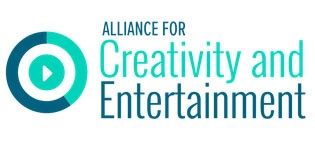
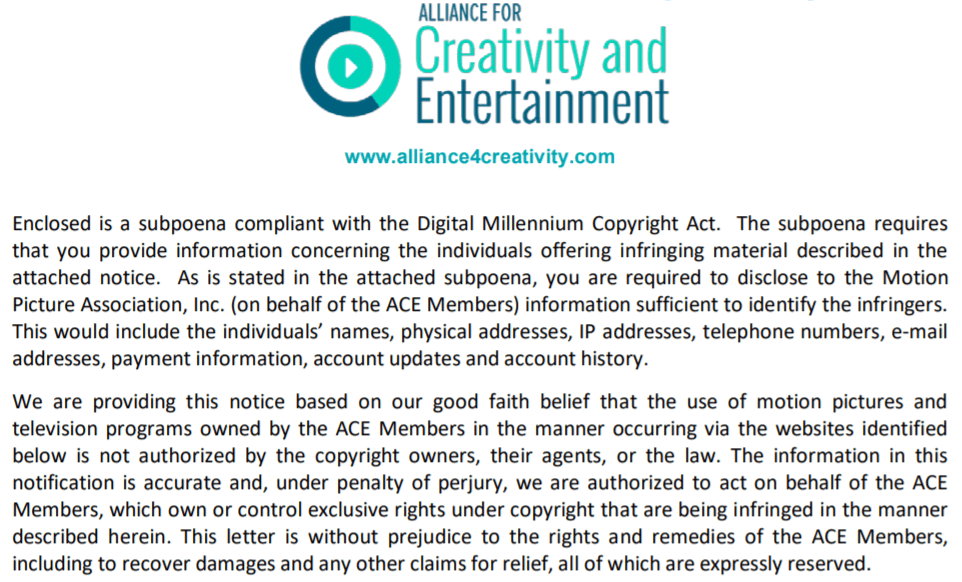
 With more ways to stream online video than ever before, protecting video continues to be a key issue for copyright holders.
With more ways to stream online video than ever before, protecting video continues to be a key issue for copyright holders.
 The music industry has increased its enforcement actions against stream-ripping tools and services in recent years.
The music industry has increased its enforcement actions against stream-ripping tools and services in recent years.

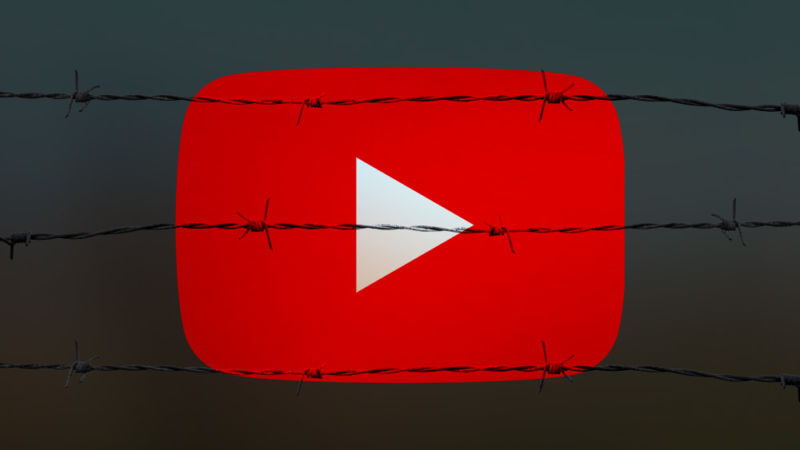
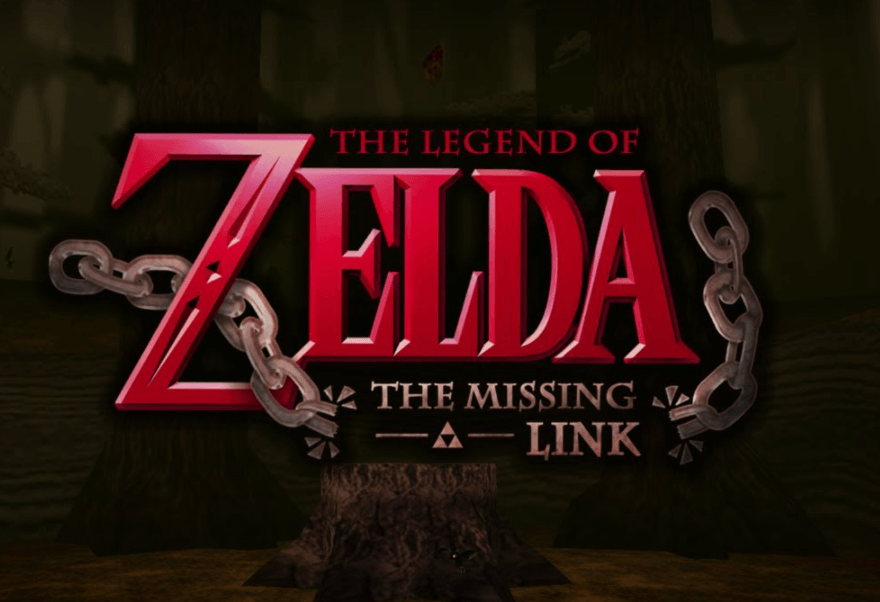
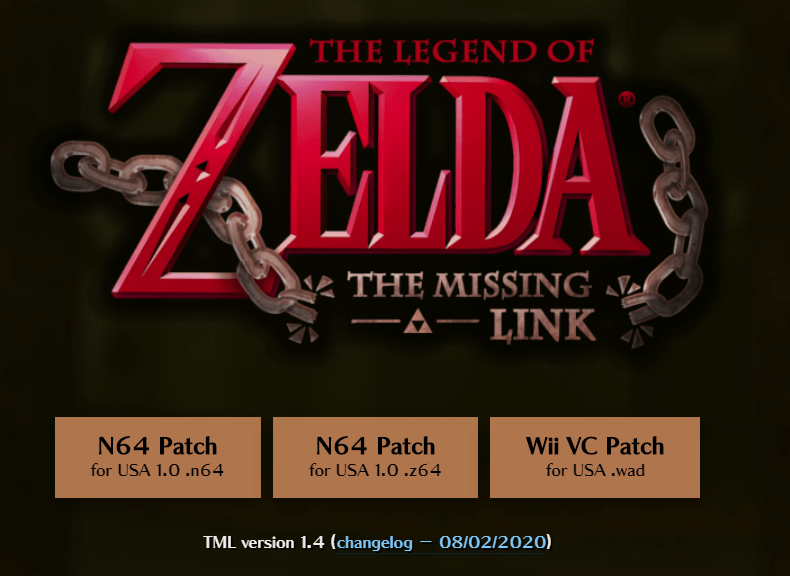
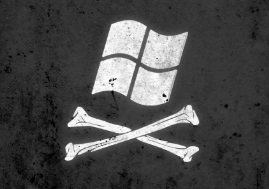
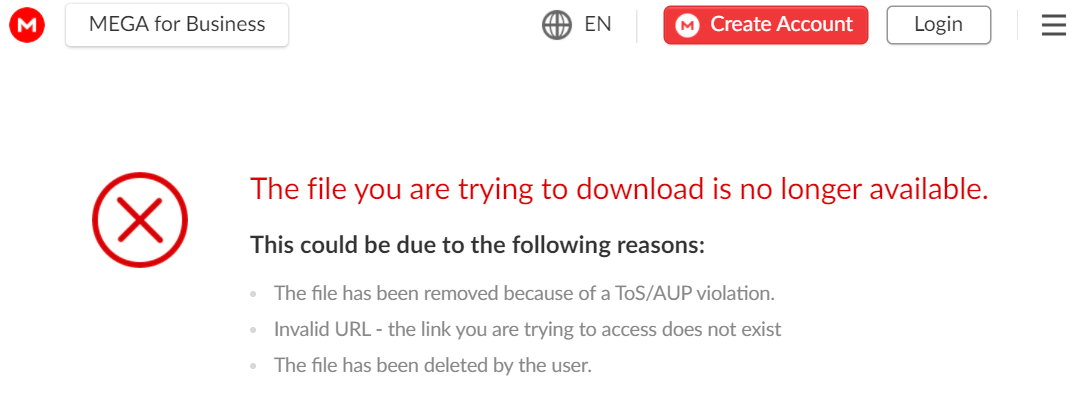
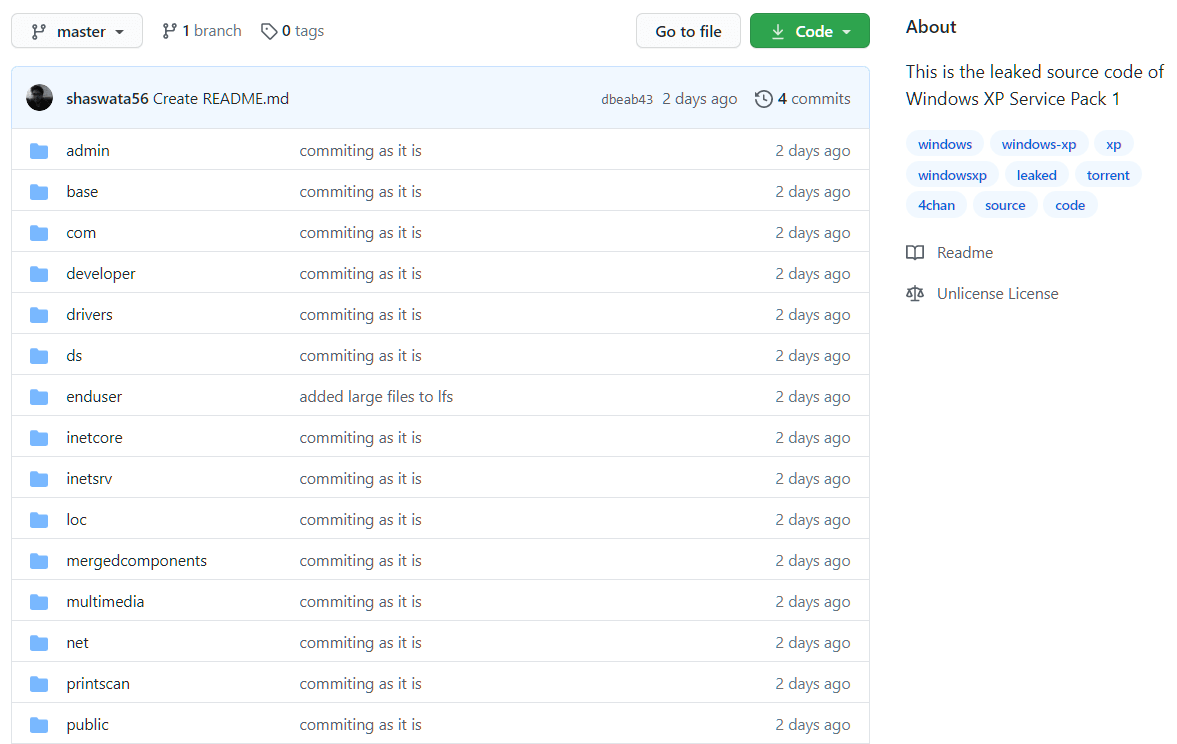
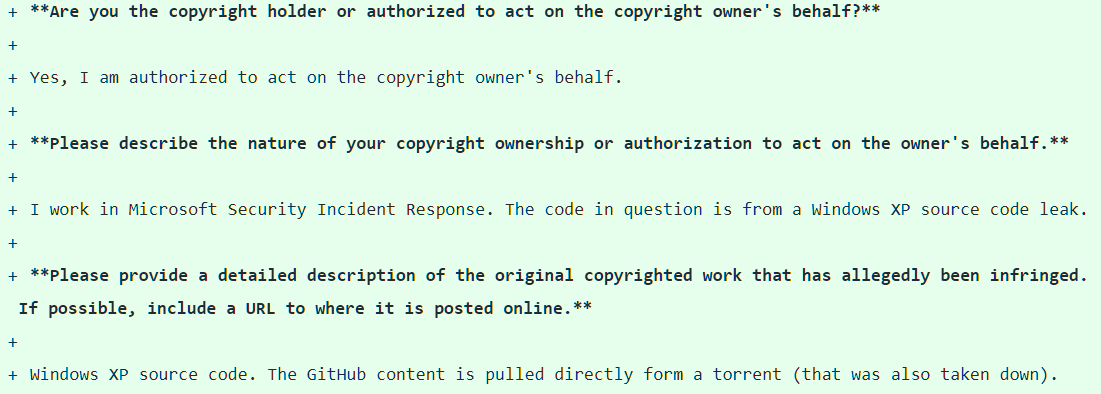
 Over the past few years, copyright holders have asked Google to remove billions of links to allegedly pirated content.
Over the past few years, copyright holders have asked Google to remove billions of links to allegedly pirated content.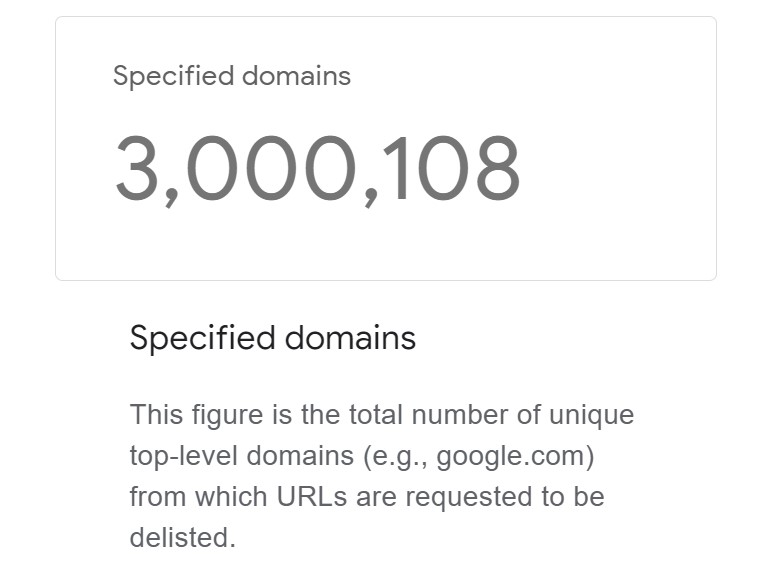
 As one of the leading CDN and DDoS protection services, Cloudflare is used by millions of websites across the globe. This includes many pirate sites.
As one of the leading CDN and DDoS protection services, Cloudflare is used by millions of websites across the globe. This includes many pirate sites.